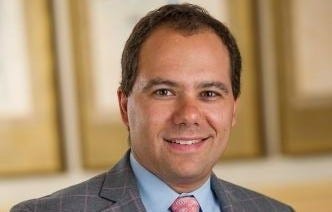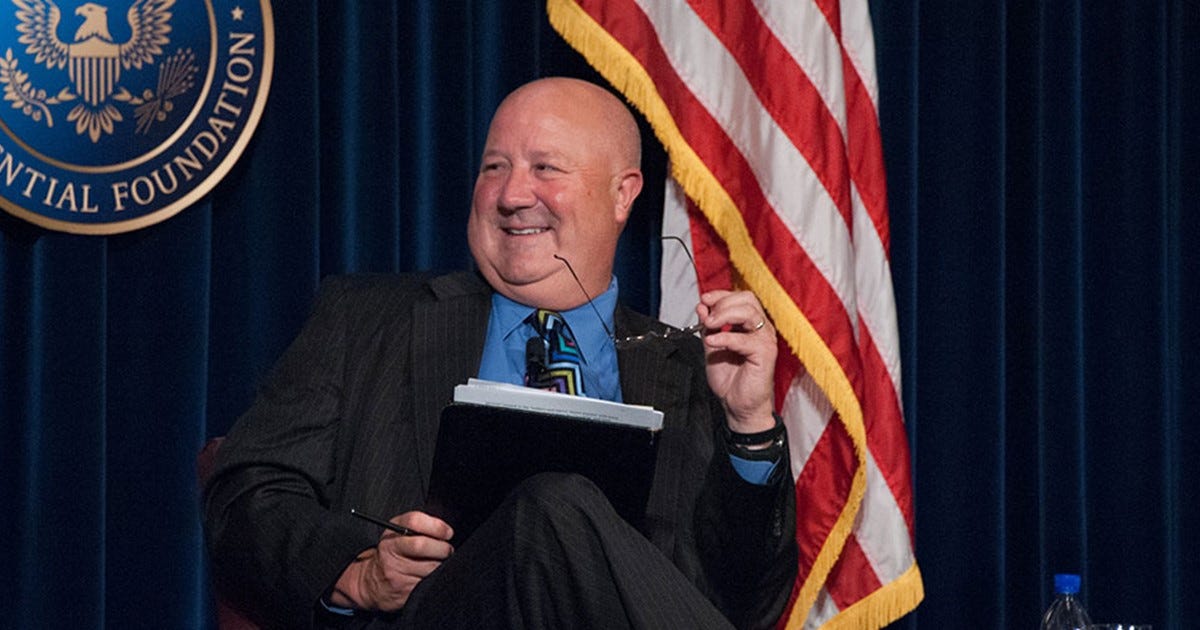Free speech fakes
Universities must be consistent in protecting speech on campus
For all the criticism — earned and unearned — heaped on universities in recent years, none has threatened the legal, financial, and moral standing of American academia more than the disastrous congressional testimony on December 5 by leaders of Harvard, MIT, and the University of Pennsylvania.
At this writing, one has already lost her job. The other two are embattled.
While defenders argue the administrators were merely standing up for free speech on campus under challenging circumstances, the truth is that their institutions have repeatedly punished the speech of other students, professors, and guest speakers, especially conservatives.
Did the three leaders fumble their way to a public-relations disaster? Sure. But it is their hypocrisy, not their choice of language, that did the most damage.
In the Freedom Conservatism Statement of Principles, we point out that “federal and state governments have a legal obligation” to uphold and protect free speech, and that “private institutions have a moral obligation to do the same.”
How does this principle apply to cases in which students, faculty, or other speakers on campus espouse odious or hateful opinions? Here are three FreeCons offering insightful answers to this timely question.
Fashionable bigotry
A senior writer at National Review, Noah Rothman is the author of The Rise of the New Puritans: Fighting Back against Progressives’ War on Fun (2022) and Unjust: Social Justice and the Unmaking of America (2019).
The leaders of Harvard, MIT, and Penn “didn’t just reveal how insular the ideological hothouses over which they preside had become,” Rothman wrote at NRO. “The response their comments produced demonstrated the degree to which their principles burst into flames when exposed to a broader audience.”
When threatened by those flames, the administrators immediately began to backtrack, revise their statements, and attempt to placate enraged students, donors, trustees, and Democratic officeholders.
“It turns out that the inviolable principle these university presidents doggedly defended in their testimony before Congress was no principle at all,” wrote Rothman, a FreeCon signatory.
“It was just the path of least resistance through the thicket of radicals these institutions have spent decades cultivating. When faced with consequences for their advocacy, their advocacy melted away.”
In another NRO post, Rothman discussed the hypocrisy angle:
“The response from colleges to antisemitic activism strikes an ugly contrast with the permissive approach to student activism that we’ve all witnessed (with varying degrees of dismay) for the better part of a decade.
“Behind every double standard is, of course, a single standard. In this case, the double standard is that Jews are not subject to the coddling that other ethnic and religious minorities on American campuses experience.”
Drawing the line
Ilya Shapiro is a senior fellow and director of constitutional studies at the Manhattan Institute. His books include Supreme Disorder: Judicial Nominations and the Politics of America's Highest Court (2020) and Religious Liberties for Corporations? (2014).
In a recent essay for The Free Press, Shapiro used a question-and-answer format to explain the proper distinction between exercising freedom of speech and intruding on the rights of others.
For starters, the physical violence and other direct actions taken against Jewish students on campuses across the country don’t qualify as speech.
Shapiro, a FreeCon signatory, wrote that “the proper response to such behavior, regardless of how ‘expressive’ someone may claim it to be, is the same response we’d have to instances of assault, stalking, intimidation, and other crimes in any other context: identify, arrest, and prosecute the perpetrators. And in the campus setting, expel them.”
As for the expression of offensive ideas, he pointed out that campuses are precisely the places where sensitive issues ought to be vigorously explored and debated.
“We shouldn’t weaken speech protections, which have made America not only the freest country in the world, but the most tolerant,” Shapiro argued. “But sometimes ‘speech’ isn’t speech. Sometimes it rises to the level of conduct that prevents others from being able to live their lives. Right now we need people to discern the difference.”
Path of least resistance
Steven Hayward is the Edward L. Gaylord Visiting Professor of Public Policy at Pepperdine University. His books include The Age of Reagan, a two-volume biography of the former president, and M. Stanton Evans: Conservative Wit, Apostle of Freedom.
Hayward, a FreeCon signatory, argued a few days ago in The New York Post that the three university leaders’ embarrassing testimony is emblematic of deeper problems.
“Administrators have given in to the path of least resistance for a generation,” he wrote, “approving the creation of tendentious ‘studies’ departments, along with busybody DEI bureaucracies, filled with mediocre and politicized faculty.”
Now, after “hounding students and faculty for the offenses of misgendering someone or committing other absurd ‘microaggressions,’ university administrators are revealed as hypocrites and fools.
“Firing a few presidents sends a nice signal, but nothing is going to change on campus until universities start closing mediocre, politicized departments and laying off the radical faculty that generated this antisemitic malignancy.”
Other coverage
• On his popular “We Hold These Truths” podcast, U.S. Rep. Dan Crenshaw (R-Texas) discussed the Freedom Conservatism project with one of its organizers, Avik Roy of FREOPP. After praising the FreeCon statement, Crenshaw put it this way: “We can’t beat the Left if we don’t figure out exactly who we are — and then be likable enough to get elected.”




